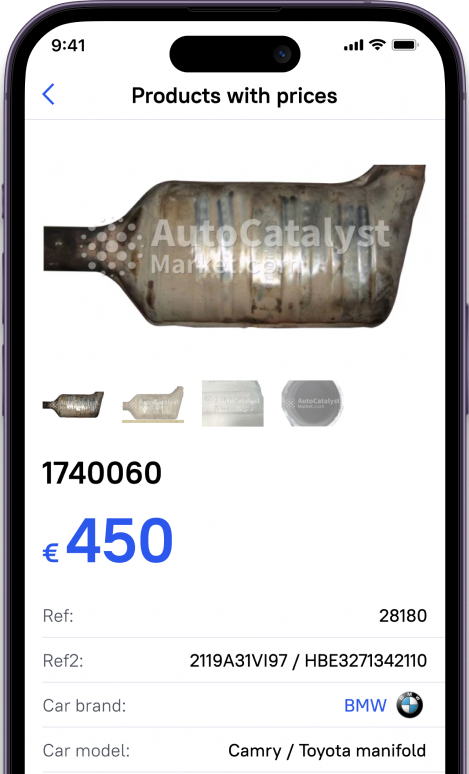- Why converters have been stolen?
- Stealing beneficial factors and car brands
- Precious metals contain
- Ground clearance
- No serial number
- Anti-steal safeguards
- Security measures
- Park strategically
- Car Insurance
- Scrapyards and law
- Engrave VIN
In recent years, a concerning trend has been on the rise across the automotive landscape – the theft of catalytic converters. While no vehicle is entirely immune to this trend, certain makes and models have garnered more attention from catalytic converter thieves. Understanding the most commonly targeted vehicles can help owners and authorities take proactive measures to combat this troubling issue.
Why converters have been stolen?
Catalytic converter theft has surged in recent years due to several key factors. First and foremost, these devices contain valuable precious metals, such as platinum, palladium, and rhodium, which are crucial for the catalytic conversion process. The skyrocketing prices of these metals on the global market have made catalytic converters an attractive target for thieves seeking to cash in on their resale value. This economic incentive is a primary driver behind the increasing incidents of theft. Moreover, the high demand for recycled metals, driven by the growing focus on environmental sustainability, has created a market for these stolen converters. As a result, illicit recycling operations thrive on the supply of stolen catalytic converters.
Stealing beneficial factors and car brands
While it's important to note that no brand is entirely immune to such thefts, some are targeted more frequently than others. Several factors contribute to the attractiveness of certain car brands to catalytic converter thieves:
Precious metals contain
Thieves look for brands with converters that have a higher resale value in the scrap metal market. This is why such car brands as Honda Accord and Toyota Prius. High-End SUVs like the Cadillac Escalade, are often targeted due to their higher valuable metals content and popularity.
Ground clearance
Catalytic converters are relatively accessible underneath vehicles, making them vulnerable to quick theft, often in less than a minute. Their removal is facilitated by the use of common tools like cordless saws, making the crime easy to commit. Hence if you have a car with low ground clearance you have less chance to have your catalytic converter stolen.
Cargo vans, such as the Ford E-Series and Mercedes-Benz Sprinter, are popular targets due to their larger exhaust systems and easy accessibility. However, even common sedans like the Honda Accord and Toyota Camry fall victim to converter thefts, as they are widely distributed and easier to locate.
No serial number
The lack of unique serial numbers or identifying marks on most catalytic converters makes it challenging to trace stolen units, further emboldening thieves. These factors combined make catalytic converters an appealing and relatively low-risk target for theft, leading to their increasing prevalence in criminal activities.Popular car brands, including Toyota, Honda, and Ford, have been frequently targeted due to a combination of these factors. However, it's essential to recognize that thefts can happen to any brand, and preventive measures, such as installing security systems or parking in well-lit areas, are crucial for all vehicle owners.
Anti-steal safeguards
Preventing catalytic converter theft is essential, and there are several measures you can take to protect your vehicle:
Security measures
You can install an anti-theft plate or a system underneath your car to prevent the catalytic converter from being stolen. A strong sheet of metal will prevent the use of simple equipment like a saw because it simply cannot cut through the strong material and thus thieves will not have access to both ends of the exhaust system pipes.
Park strategically
Thieves avoid crowded and guarded places and prefer to work at night. Therefore, if you do not have a private garage, park in well-lit areas where there are crowds and high traffic, this will make stealing difficult and discourage thieves because of the risk of being caught on the spot.
Car Insurance
Comprehensive insurance will cover you in case you have your catalyst stolen. This measure may cost a lot but if we compare catalytic converter replacement cost with the insurance price, it turns out the risk of being robbed costs more.
Scrapyards and law
In addition, certain states in the United States have enacted stringent regulations to deter the illicit trade of stolen catalytic converters at local scrap yards. These measures compel individuals involved in the scrap metal trade to furnish a thumbprint and present a valid photo ID when conducting transactions involving metals for financial gain. Consequently, this practice can significantly hinder thieves from easily offloading stolen converters in these regions. You can check if your region is covered by this law and measure the risks.












































